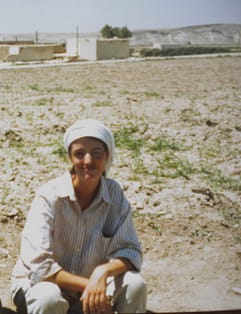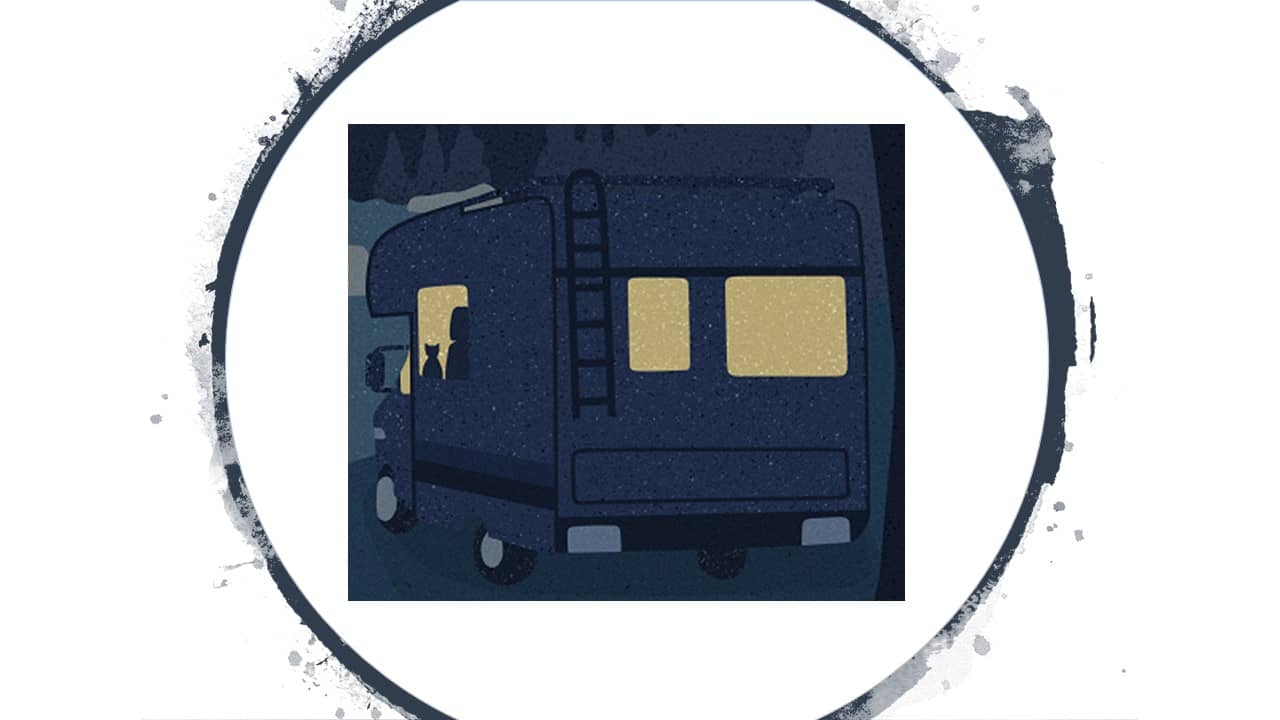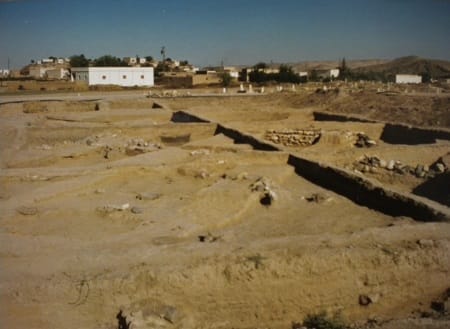My knees are percussive as I walk between the rows of desks, each huddled over by a student anxiously completing the IELTS exam. My knees snap and crackle and my hips pop. They sound loud in the silence of the room. I suddenly feel old. Old and slightly stupid.
I’m off on an archaeological dig in a few weeks’ time and my joints are protesting.
Today I read a charming piece online by a young woman – let’s call her Cara - who received a stipend to spend four weeks digging at a site in Israel. It is a sweet, thoughtful response to her first dig.
Three things Cara said struck a chord with me: ‘I knew nothing and had to learn how to dig’, ‘I found my future while digging up the past’, ‘It seemed surreal that I was on an archaeological dig in Israel’.
All three sentiments resonated deeply with me.
In 1993, as a naïve twenty-three year old I went on an archaeological dig with the University of Melbourne at Tell Ahmar, North Syria. I didn’t know what to do either and learned very much as I went along.

I shudder to think about my field notes, written in huge scrawly childish handwriting, liberally interspersed with Arabic words the workers were trying to teach me and scrappy sketches depicting where elevations were taken from. It was such a steep learning curve.
Going on a dig teaches you all the stuff you don’t learn at uni. My degree in archaeology was along the lines of ‘kings, queens and battles’ with little theory or method in sight. Everything on the dig was exciting; being in Syria, being in a small village, being among people of a different cultural and linguistic background. Just being away from Australia. It was such a surreal experience and exhausting by the end, but at the end of each season I couldn’t wait for the next.
Like Cara I caught the digging bug and for six years I spent some portion of the year in Syria and once in Turkey on archaeological digs. There was something about field work that, in a very clichéd phrase, brings the past to light.
I loved getting up early (and I’m not a morning person), I loved walking out to the field, I loved thinking about what we would do that day and then doing it, I loved thinking about what we were finding and I loved being in Syria. I even loved cleaning the trench at the end of the day's work.

The experience of Syria was so momentous that it seemed not to have even happened once I returned to Australia. I lived this rather bizarre life of ten months temping in boring office jobs such as reception and sneaking in archaeological books and then two months or so in the Middle East.
I loved it so much that I wondered how I could sustain a job just digging. After all, archaeology students are a dime a dozen. Experienced field archaeologists are useful but how many jobs are there for field archaeologists? It seemed unlikely that any dig director would employ me without some kind of specialised skill.
I played with the idea of object conservation and to that end spent a semester at uni studying chemistry and took my exam in the workroom at Tell Ahmar. Tears, frustration and a 50% grade later I gave that up as a lost cause.
I went back to research and completed my PhD on the baked clay figurines from Tell Ahmar. I quickly learned that jobs for academic archaeologists are few and far between as well. I put archaeology aside for other interests.
Cara believes archaeology is her future and I wish her all the best.
I’m off to Jordan soon.
I’m wondering if I’ll have as much fun as I did in Syria. Will it delight me in the same way?
I tripped over a rug this morning and fell heavily on my knees. Those percussive knees I mentioned earlier. It hasn’t helped them.
Will I need knee pads? Perhaps I should take one of those gardening knee cushion things. My left knee is particularly prone to jamming up. What if I trip getting into the trench? What if I just can’t get in at all?
Or worse, what if I can’t get out?










